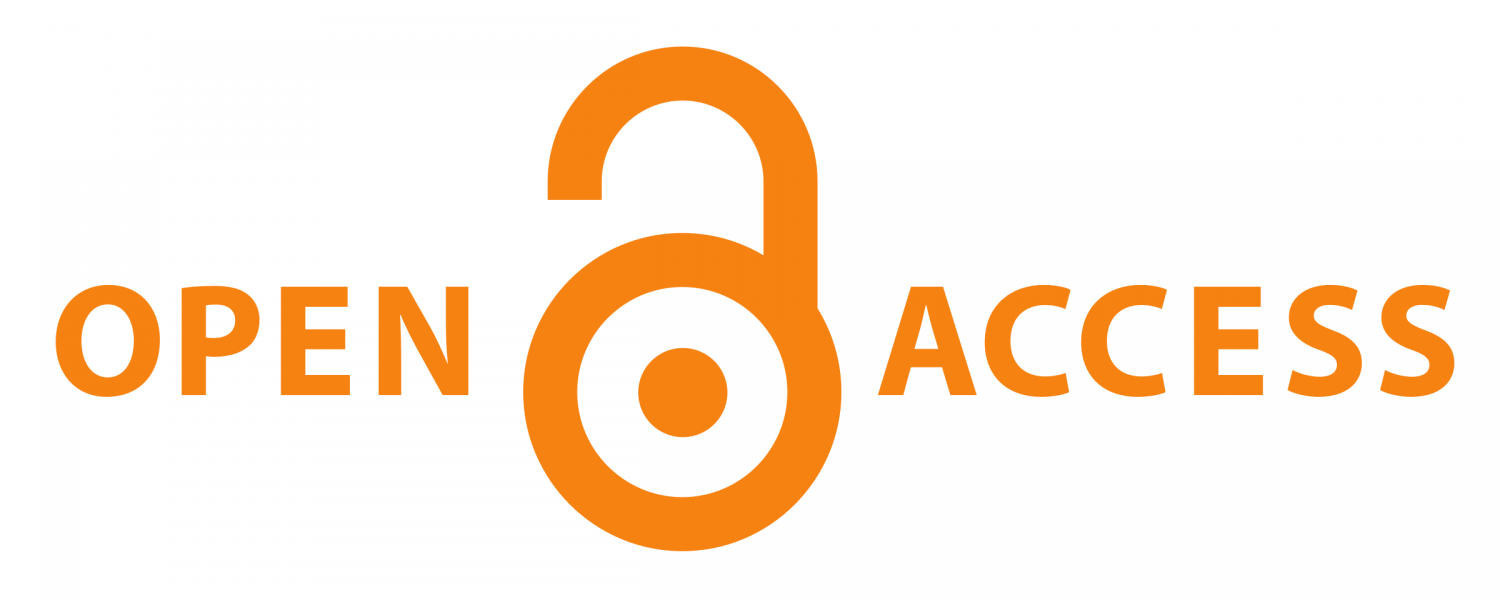Conflict of Interest Policy
At the Journal of Information Technology, Cybersecurity, and Artificial Intelligence (JITCAI), we are committed to transparency and integrity in the publication process. It is essential that all participants in the publication process—authors, reviewers, and editors—disclose any relationships or potential conflicts of interest that could influence or be perceived to influence the interpretation of their work. This policy outlines the obligations of all parties involved in submitting, reviewing, and editing manuscripts for JITCAI.
1. Author Responsibilities
Authors must disclose any financial or personal relationships that might influence their research or the interpretation of their findings. These could include:
- Financial Interests: Any funding or financial support received from organizations that may benefit from the publication of the work, including sponsorships, paid consultancies, or stock ownership.
- Institutional or Collaborative Conflicts: Relationships with organizations, companies, or institutions that could influence or benefit from the results of the research.
- Personal Relationships: Any personal, professional, or institutional relationships that may pose a conflict in the publication process, including relationships with individuals involved in reviewing or editing the manuscript.
When to Disclose:
- Disclosures must be made at the time of submission.
- Authors must clearly state potential conflicts of interest in the manuscript itself, typically in the acknowledgment or conflict of interest section.
If no conflicts exist, authors should include a statement such as:
“The authors declare no conflicts of interest regarding the publication of this manuscript.”
2. Reviewer Responsibilities
Reviewers must ensure they have no conflict of interest with the authors or the subject matter of the manuscript they are reviewing. Potential conflicts may include:
- Personal Relationships: Close relationships with the authors that could bias the review.
- Competing Research: Working on a similar project or having competing research interests.
- Financial or Institutional Ties: Financial or institutional relationships with entities that may benefit from the publication or rejection of the manuscript.
Disclosure and Decline:
- Reviewers must disclose any conflict of interest to the editor as soon as they are invited to review a manuscript. If a significant conflict exists, reviewers should decline to review the manuscript to maintain the integrity of the process.
3. Editor Responsibilities
Editors and editorial board members must avoid handling manuscripts where they have a conflict of interest. These conflicts could arise from:
- Personal Relationships: Close personal or professional relationships with the authors.
- Institutional or Financial Ties: Institutional affiliations or financial interests that could benefit from the publication or rejection of the manuscript.
- Authorship Conflicts: Editors who are also authors of submissions to the journal must recuse themselves from the editorial decision-making process for that manuscript.
Editors are responsible for ensuring that no conflicts of interest influence the editorial decisions or compromise the integrity of the peer-review process.
4. Consequences of Non-Disclosure
Failure to disclose conflicts of interest may result in the following actions:
- For Authors: If conflicts of interest are discovered after publication, the journal may issue a correction or retraction depending on the severity of the issue.
- For Reviewers: Failure to disclose conflicts of interest may result in removal from the reviewer pool.
- For Editors: Editors found to have improperly handled manuscripts due to undisclosed conflicts of interest may be subject to review by the editorial board.
5. Institutional Review
If necessary, the journal may seek guidance from institutional bodies or ethics committees to resolve complex conflict of interest cases. All decisions will be made transparently and in accordance with the highest ethical standards.
By implementing this policy, JITCAI aims to uphold fairness and maintain trust in the scholarly publishing process. All parties are expected to collaborate fully in identifying and managing potential conflicts of interest.







